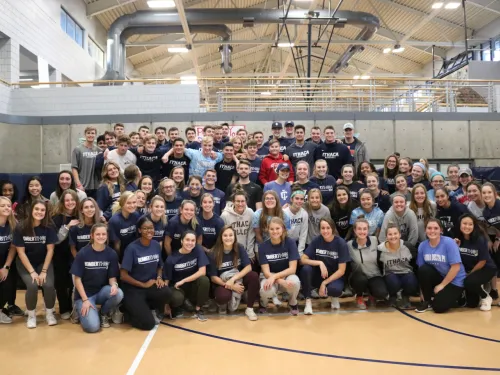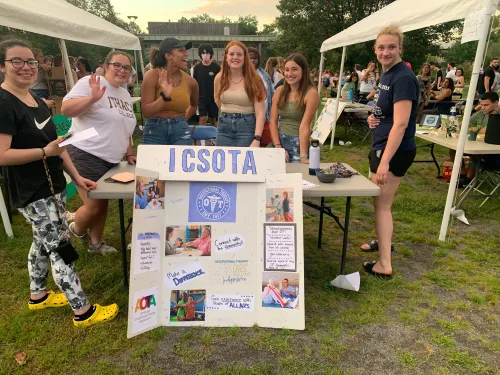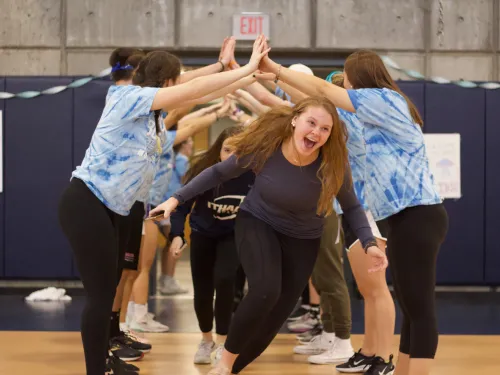Check out our lists of the competitive sport clubs and performance/recreational sport clubs at IC!
The Path to Your People
Find new friends as you explore one (or a few) of IC’s 200+ clubs and organizations. From activism and professional growth to dance, join the excitement with people who share your passions. If you don’t find the club you’re looking for, start your own and bring your people to you!


IC Engage
Explore IC Engage, a site listing all of our student clubs and organizations. You’ll find new ways to connect and collaborate.

Student Organization Handbooks
The 2024-2025 Student Organization Handbooks

Upcoming Events for Student Orgs
View OSE's upcoming events for Student Organization leaders.
Interested in club sports?
Contact Us
Staff Members
- Dan Rogers, Associate Director of Student Involvement
- Brittany Watros, Student Organizations Business Coordinator
- OSE Staff listing